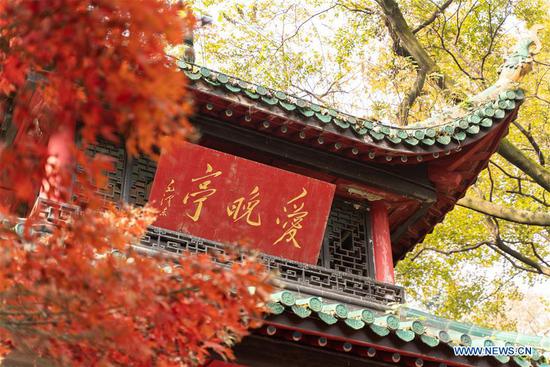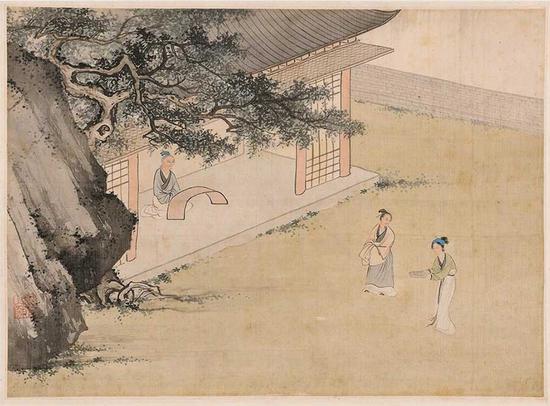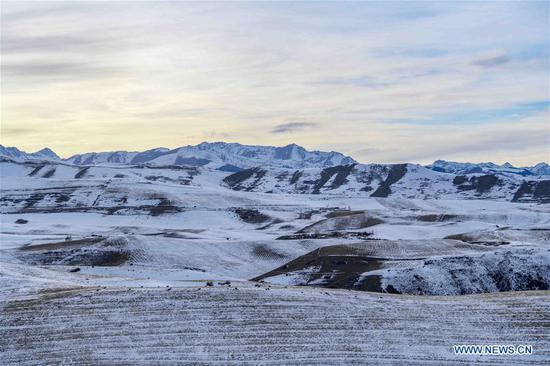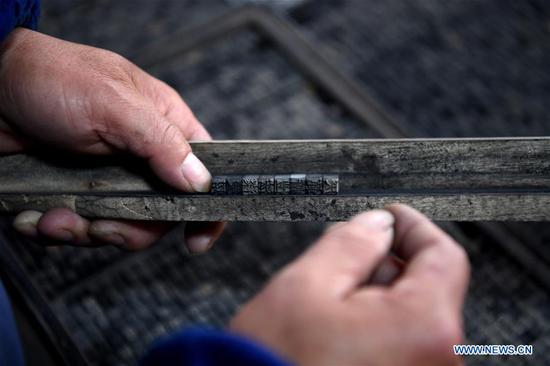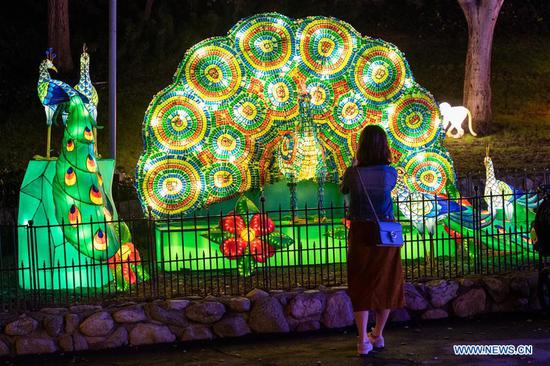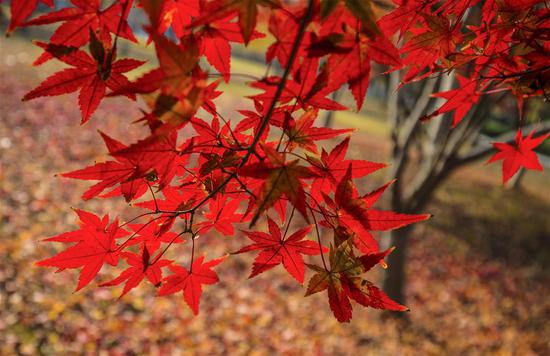For about two decades, Luo Yuxiong and her husband Zhao Jinshan have led a life of solitude in the barren land in northwest China's Xinjiang Uygur Autonomous Region.
Their neighbors moved away over the years, houses were deserted, and their only company were herders taking a short break in their house.
Despite the solitude, the couple stayed there, responsible for protecting some 5,000 hectares of forest growing on the sandy land in the town of Qijiaojing, on the east side of Tianshan Mountain.
"If no one watches the forest, someone will damage it," Luo said.
Back in the 1960s, Qijiaojing attracted tens of thousands of people, who rushed in for the rich resources, such as lake salt and sodium sulfate.
The town was once covered with lush Euphrates poplar, a tree that can grow to around 15 meters in the saline soil, but the situation changed with the surging population.
"Villagers cut down the trees for burning or making furniture," recalled 53-year-old Luo. "Without proper management, the forest has fallen victim to the massive acts of deforestation and overgrazing."
The thinning forest also gave the villagers a bitter taste as sandstorms frequently enveloped the town and ravaged the crops. Statistics show the town has more than 200 strong windy days a year.
Since 1995, the local government has organized multiple projects to relocate the villagers and help revegetation, but the couple chose to stay.
A typical workday usually starts after breakfast with a bumpy motorcycle ride to the forest preserve where they examine the fences, repair broken ones, and patrol the forest.
It is chilly in early winter, and Luo has to flex her frozen fingers beside the stove before writing in her work journal back home. Her house is very simple, with an old desk and several chairs, a hard bed with no mattress and cob walls.
They keep livestock and grow plants for food. To buy basic life necessities, the couple takes a 3.5-hour bus each month to the city of Hami some 200 km away.
"We often have no one but each other here," Zhao said, "gradually, we got used to it."
But sometimes, they also have guests, mostly herders. The couple often prepares tea, snacks and sometimes meals for them.
As they gather around the stove, Luo and Zhao tell the herders the importance of environmental protection and ask them to keep their livestock off the preserve, or report wounded wild animals to them if they spot one.
Recommended by Luo, one of the herders, 53-year-old Hadelikhan Abudhaper, also became a part-time ranger.
In recent years, the local environment has improved with strengthening management. "Many plants have returned," Zhao said. "There are fewer sandstorms, and more wild animals have also appeared."
The local government is planning to renovate the patrol station next year, which means improving the couple's living conditions.
Aside from the forest, they have also volunteered to patrol nearby rivers and water sources.
"We want to do this right," Luo said."We hope we are not the last ones to do it."


















